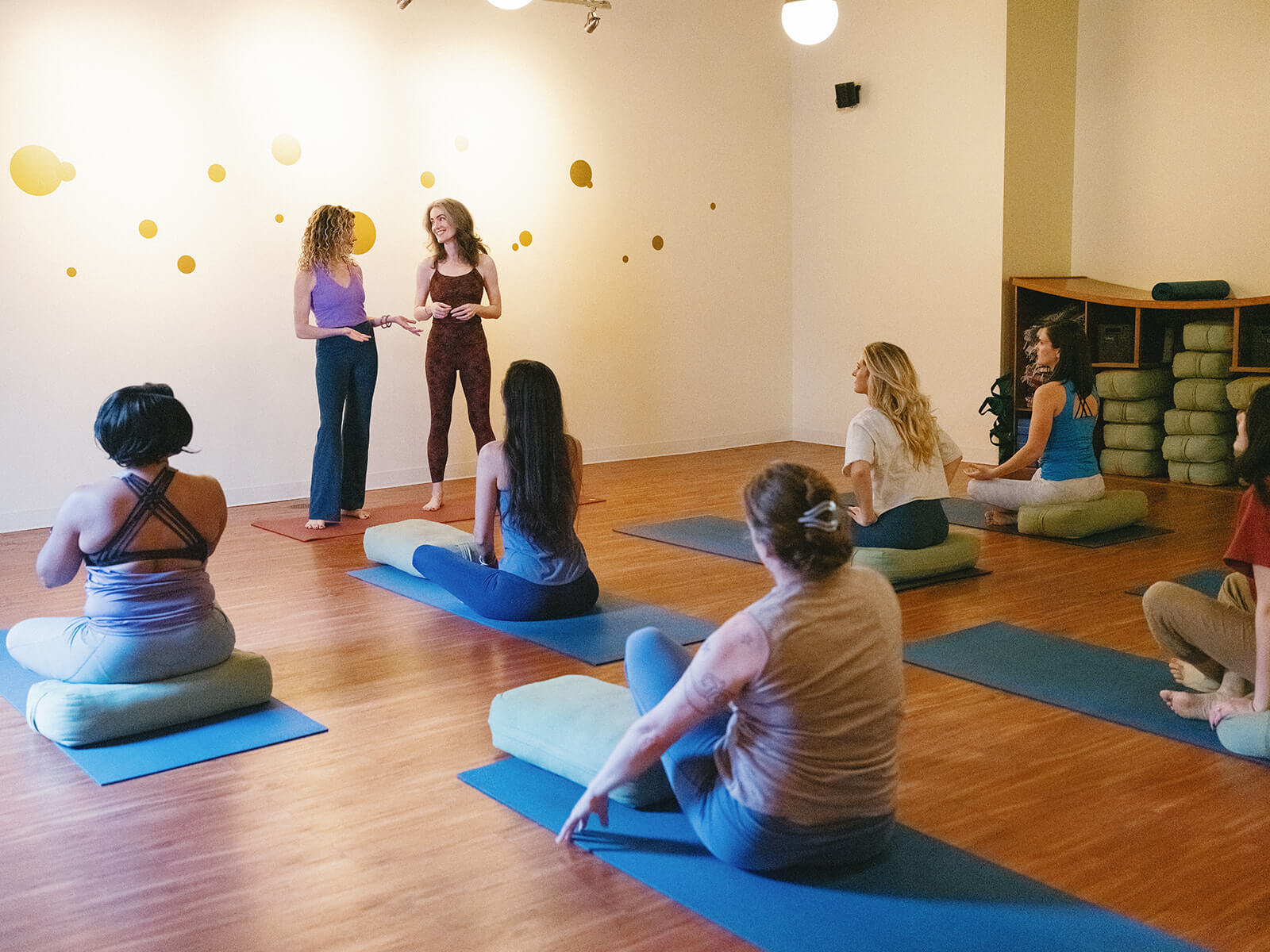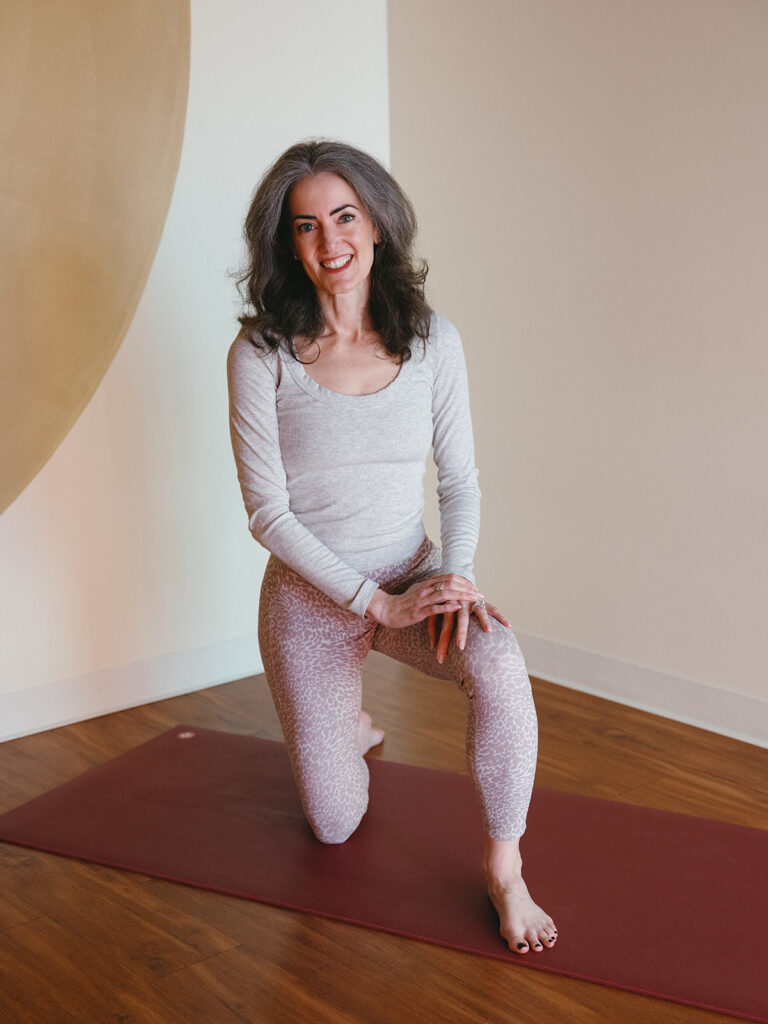When most yoga teachers imagine leading a retreat, the picture is idyllic: mornings spent teaching sun salutations as the ocean sparkles, afternoons of rest, evenings of community. It’s a dream many teachers hold.
But the reality, as my conversation on Yoga Teacher Confidential with retreat leader Amy Boerner revealed, is both more complex and more rewarding than the glossy pictures suggest. When you strip away the fantasy of sipping coconut water while your students find enlightenment, you uncover the truth: running a retreat is more like hosting a five-day dinner party where you can’t leave the kitchen.
So what does it really take to host a successful retreat? Here are some of the lessons Amy has learned that every yoga teacher should know.
Deposits That Protect Your Business
One of Amy’s strongest lessons is the importance of deposits. Early in her career, she asked for $500 to hold a spot. She quickly discovered that many people didn’t blink at losing that amount if they changed their minds.
Now she requires $1,000 deposits for retreats that average $2,500 total. This ensures students are committed and protects her from last-minute cancellations.
The takeaway: set deposits at a level that “hurts to lose.” It protects your business and communicates the value of what you’re offering.
Balancing the Daily Schedule
Amy has refined her daily schedule to balance both yoga and rest:
- A “spicy” flow in the morning
- A gentle all-levels class mid-morning
- Restorative, yin, or yoga nidra in the evening
In between, students enjoy excursions—hiking, snorkeling, kayaking—without feeling overprogrammed.
And importantly, Amy doesn’t join every activity anymore. Early retreats left her exhausted because she felt obliged to host 100 percent of the time. Now she steps back, giving herself downtime so she can be fully present when teaching.
Managing Group Dynamics
Retreats thrive when participants feel aligned. Amy screens unfamiliar students with video calls, ensuring expectations match the experience. She also points prospective attendees to her free Sunday classes so they can get a sense of her teaching style before committing.
This protects the group’s dynamic and ensures safety, comfort, and a shared sense of purpose.
Beta Testing and Feedback
Amy’s first international retreat was intentionally a beta group. She charged only what covered her costs in exchange for honest feedback, testimonials, and photos.
The result? Invaluable lessons that shaped her entire approach. Today she still collects surveys after every retreat, keeping her finger on the pulse of what works—and what needs refining.
For yoga teachers, the lesson is clear: don’t fear experimenting. Test small, refine, and grow.
Lessons Learned the Hard Way
The biggest? Don’t cook for your students.
Early attempts at DIY retreats, with her husband providing meals, left Amy drained and stressed. She’s since learned to partner with venues that handle food and logistics, allowing her to focus on teaching.
As she puts it, the goal is to be present for your students—not to manage dinner service.
Jungle Bay and the Future of Teacher Training
Amy highlighted Jungle Bay in Dominica as her favorite retreat venue. With open-air studios, farm-to-table meals, and community investment, it embodies the spirit of a yoga retreat.
Even more exciting, Jungle Bay will host part of our upcoming Destination 200-Hour Teacher Training, a hybrid program that blends online flexibility with in-person immersion in 2026.
Bringing It Back to Your Teaching
Whether or not you plan to lead retreats, the principles apply:
- Set clear expectations
- Value your time and energy
- Protect your business with smart financial planning
- Gather feedback and keep evolving
Above all, center your students’ experience while maintaining your own sustainability as a teacher. Hosting retreats isn’t about living your dream vacation—it’s about creating spaces where students can grow, connect, and transform.
Continue Learning
You can listen to the full conversation with Amy Boerner on Yoga Teacher Confidential here:
And if you’d like even more detailed insight, Amy is leading a free Comfort Zone Conversations call on hosting retreats. It’s a chance to dive deeper into logistics, finances, and best practices:


